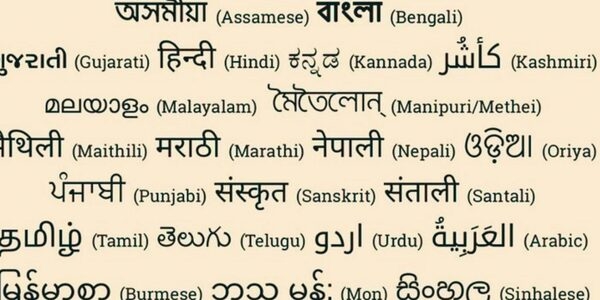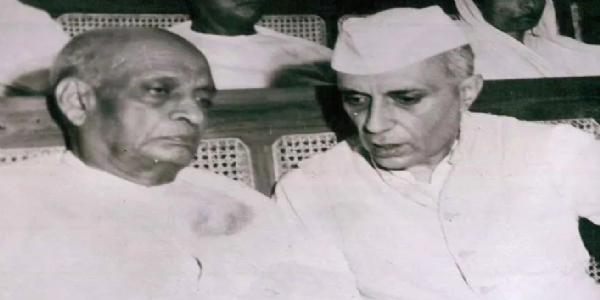Being Multilingual
A Multilingual Tales and the Path to National Integration You Don"t Want to Miss
Total Views | 216
Read an interesting story about a Chinese boy and his neighbor. The young boy is preparing juice, and the small boy, his neighbor is giving some suggestions. He is speaking in an absolutely fluent Tamil. The story describes that if one closes eyes then one cannot imagine that the speaker is a Chinese boy and not a Tamilian. The story does not disclose which city or town they stay in.

This reminded me of the children of one of my friends, who is from Kerala, and shifted to Hyderabad after her marriage, her parents lived in Pune even after retirement. Her children could be seen seamlessly dealing with all in their language, with parents and paternal grandparents, they would speak Malayalam, with maternal grandparents they would communicate in Marathi and she added that they speak Telugu when they are in school or with their friends.
Obviously, they had to read, write, and speak English as it was the medium of instruction at school, and many times they had to Converse in Hindi too as it is a norm in Hyderabad. This was a unique example of being multilingual as the situation demanded.
Children have the ability to learn and speak many languages, but our schools don't provide such opportunities. Children should be allowed to learn at least one more Indian language, and the more the better. Migrating in any state for better job opportunities or education or for some short training is often experienced. The entire family moves sometimes to a new place. The medium of interaction may be English at the workplace, but to be able to interact with the people around one needs the knowledge of local language. Even children need the local language to communicate with their peers.
When one learns a new Indian language, one just has to learn the script and learn to speak. The ethos or culture doesn't change much as we belong to the same society or nation. The local flavor can be easily absorbed.
Our national education policy now allows us to be flexible. Language courses may be offered to earn extra credit points. It works as a stress buster too. These courses may be offered online. The institutions don't need to have special infrastructure, most of them have language labs or an equipped computer lab or students have personal access. With language, one gets access to the literature too.
This silently works in favor of national integration. One would like to visit the state after learning the language, it is natural to enhance the feeling of belongingness.
Bharati Web








